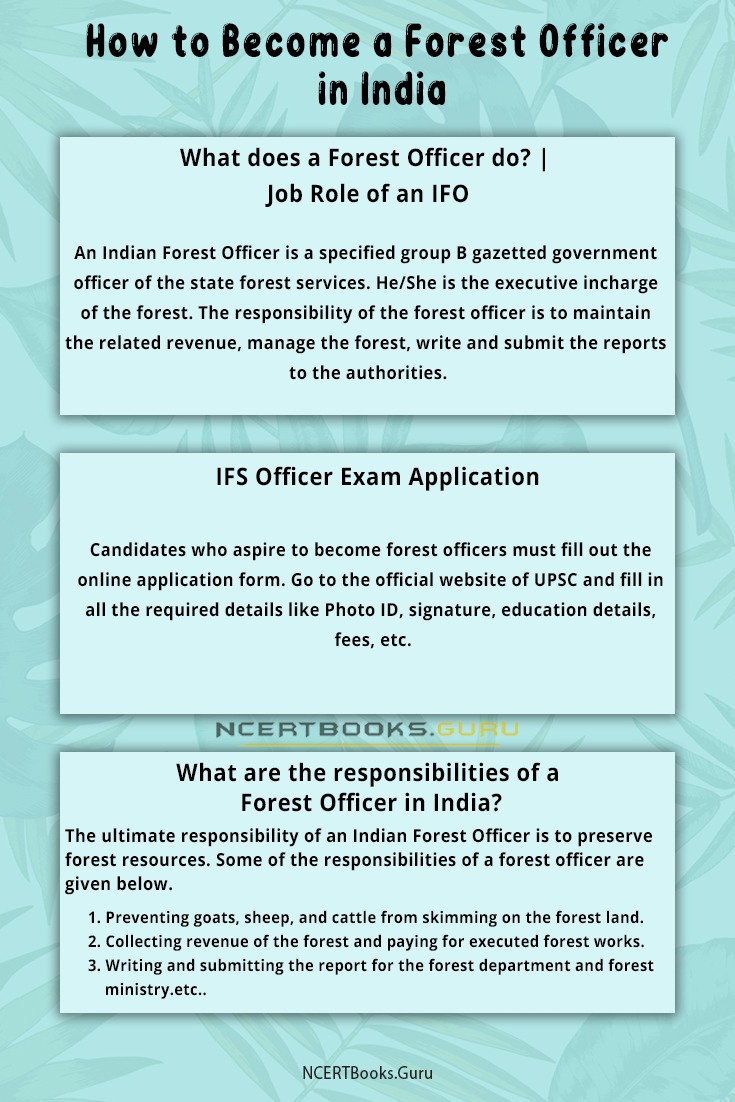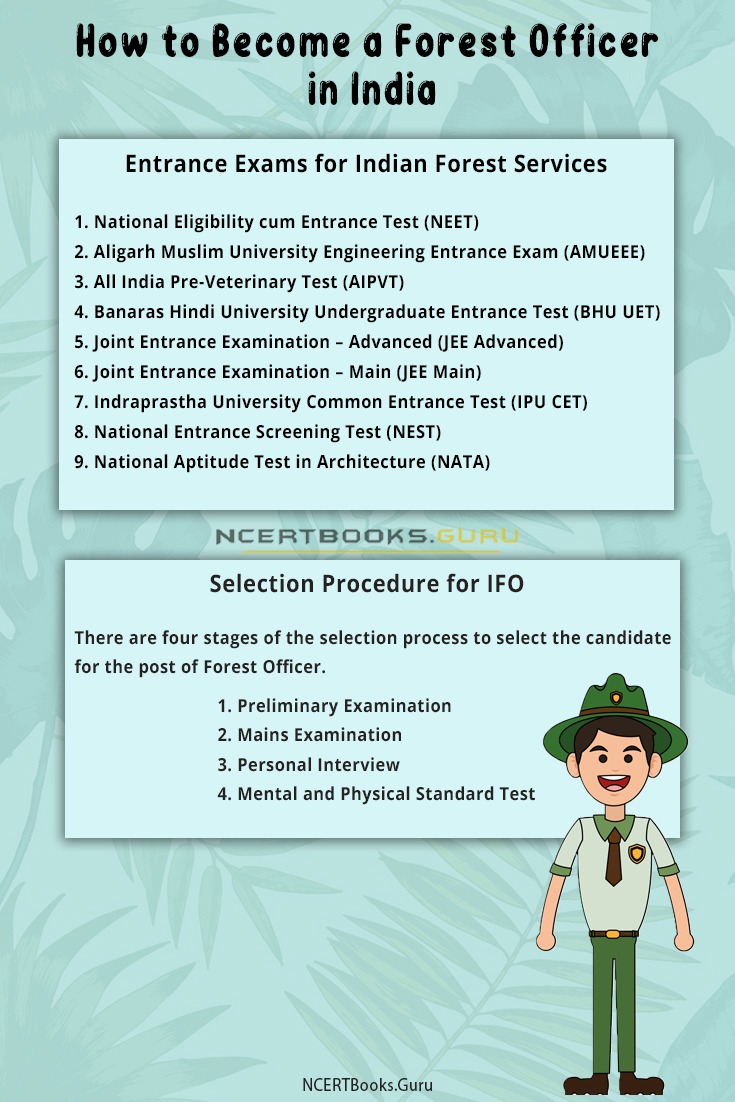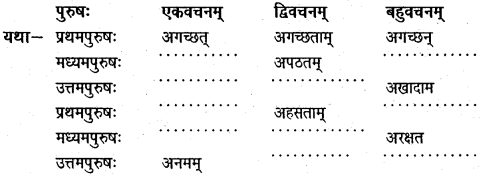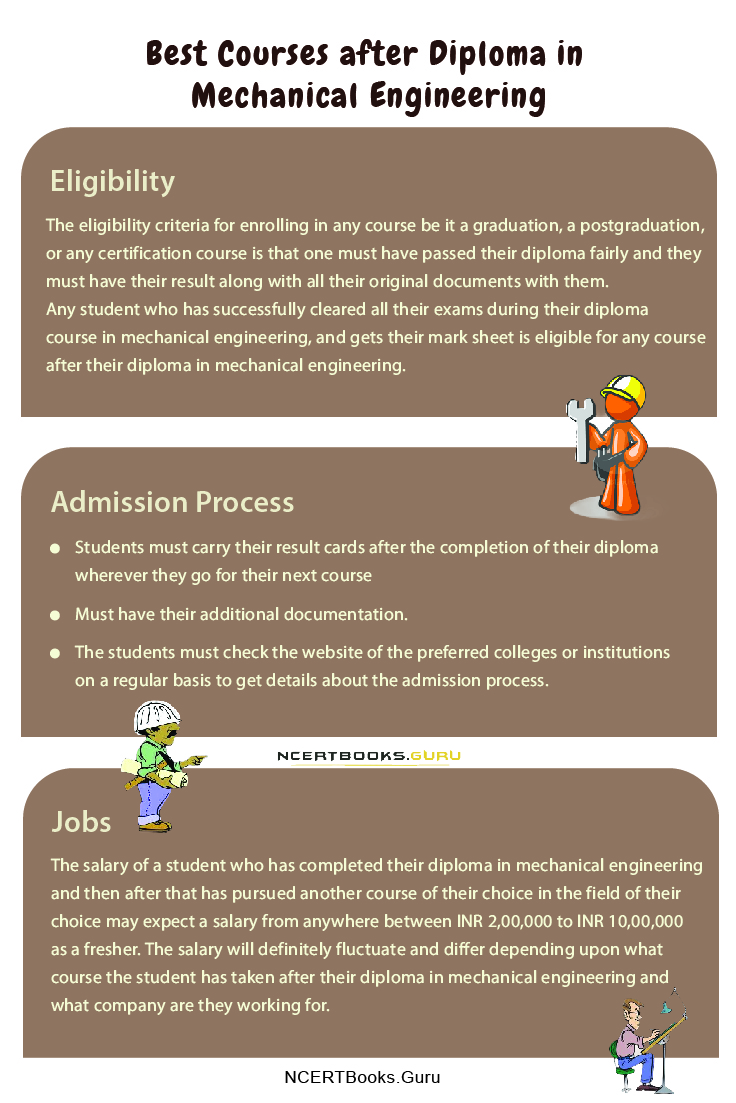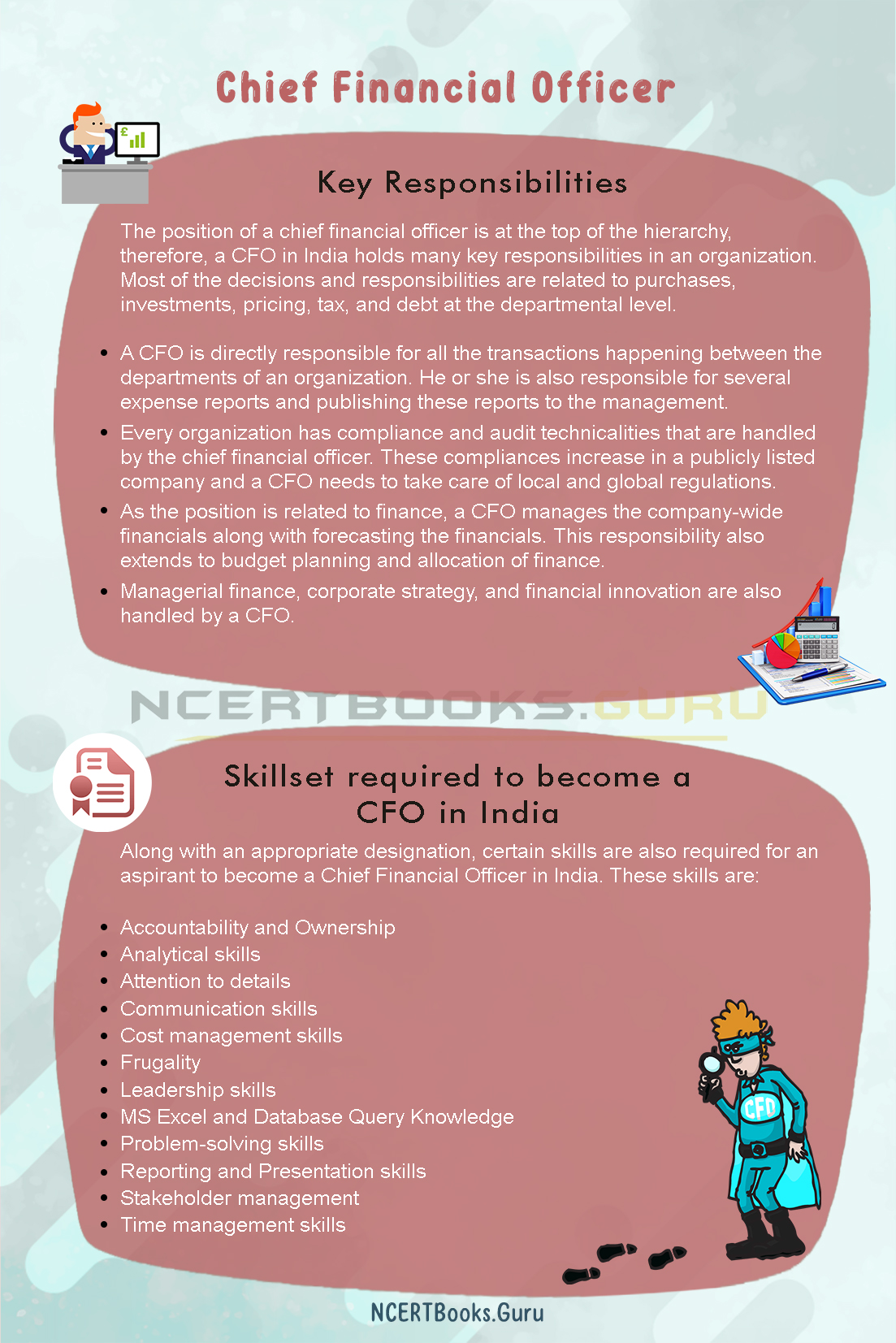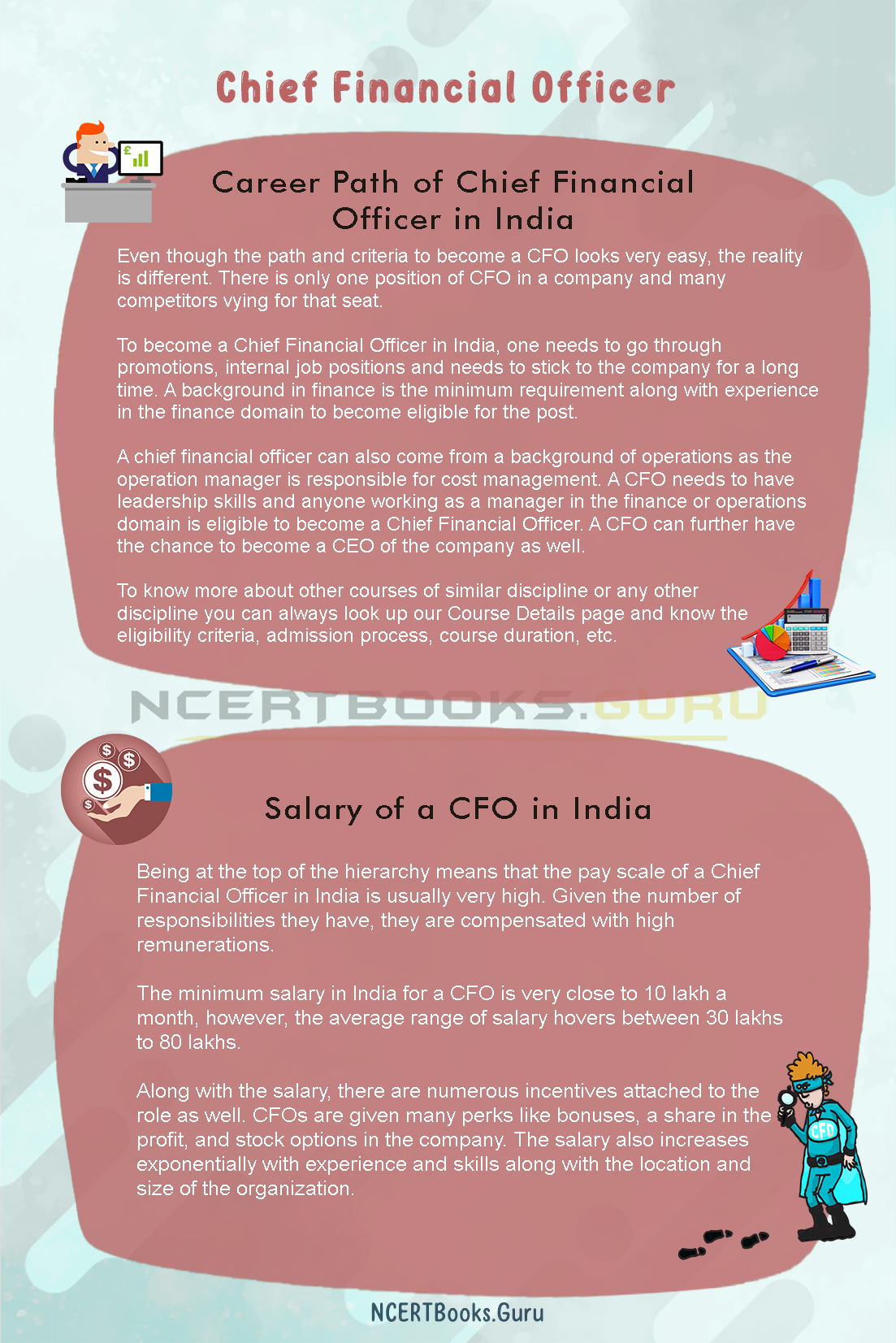Architecture Courses after 12th Science: Architecture courses included arts, science, and designing skills. Few people think that architecture is only limited to the construction of buildings but architects do a lot of jobs related to the building development, its infrastructure, design, interior, and a lot more.
Architecture Courses after 12th in India are mainly focused on the ability development of the students in the field of architecture. The course creates various opportunities for the students in both government and private sectors. Now, Let’s have a look at the Architecture Courses after 12th Science in detail in this below article.
- Complete List of Architecture Courses after 12th Science
- Eligibility For Architecture After 12th Science
- Top Colleges for Architecture Courses after 12th in India
- Architecture Courses after 12th Fees
- Career Scope After 12th in Architecture Courses
- Salary for Architecture Streams after the 12th Class
- Is Architecture after the 12th degree can be pursued online?
- What is the duration of architectural courses after the 12th?
- Is Bachelor’s in architecture a difficult course?
Complete List of Architecture Courses after 12th Science
After the 12th the bachelor courses are available to you. There are a few diploma or certificate courses also available which you can easily pursue after 12th science. Here, you can find the list of Diploma and Undergraduate courses in architecture that can use for studying after class 12.
Undergraduate Courses in Architecture after class 12
The bachelor’s courses are for 5 years. As the courses are in huge demand thus the opportunities it creates are also high. Here, you can view the list of Bachelor’s courses in architecture:
- Bachelor of Architecture (B.Arch)
- Bachelor of Engineering in Construction Technology
- Bachelor of Architecture in Building and Construction Management
- Bachelor of Architecture in Landscape Architecture
- Bachelor of Planning (B.Plan)
Diploma Courses in Architecture
The diploma courses provide a diploma certificate after the completion of the architecture course. They can be completed at a maximum duration of 3 years. Here, are a few defined courses:
- Diploma in Architectural Assistantship
- Diploma in Construction Management (DCM)
- Diploma in Architecture Engineering
Certificate Courses in Architecture
The certificate courses are available for a duration of 6 to 12 months. If you are interested to get any sort of recognition for architecture you can go for the certificate courses. A few of these courses are described here:
- Certificate Course 3D Architectural Visualization (CCID)
- Certificate Course 3D Interior Design Visualization (CCIDV)
Eligibility For Architecture After 12th Science
The eligibility criteria for the architecture courses are different for all the pre-defined courses. You can find the detailed eligibility criteria for the architectural courses after 12th Science below:
Bachelor Of Architecture (B.Arch)
- You must have completed class 12th from a recognized board with a minimum aggregate of 50% marks.
- You must have studied chemistry, physics, and mathematics in class XIIth.
- The admission will be on the basis of both entrance and merit-based.
- You are required to attempt the National Aptitude Test in Architecture (NATA), JEE Main (Paper-II), WBJEE, JEE Advanced, AMUEEE, or any other entrance exam and clear it with good grades.
Bachelor Of Planning (B.Plan)
- The course requires having at least a certificate in a relevant field with a minimum grade of 50% marks.
- You must have clear entrance exams as informed by the universities to which you want to take admission.
Bachelor Of Science [B.Sc] (Construction Management)
- You must have studied class 12th with physics, chemistry, and mathematics as your main subject.
- You must have secured an average score of 60% marks in class XII.
- The colleges have their own eligibility criteria for this specific program.
Bachelor Of Architecture [B.ARCH] (Landscape Architecture)
- At least 50% marks are required in class 12th
- The subjects must be from science fields such as physics, chemistry, and maths.
- NATA and BITSAT are the main exams for this course.
Bachelor Of Architecture [B.Arch] (Building Construction Technology)
- You must have cleared class 12th with at least 60% marks.
- PCM should be mandatory for admission to various universities.
- You must have attempted the entrance exams and the aptitude tests are required by the universities
Diploma
Students must have passed 10+2 from any recognized board with science stream with mathematics with at least 50% marks.
Certificate
For the certificate courses, you need to clear class 12th with a minimum of 50% marks. Also, you must have studied science and mathematics as the main subject.
Top Colleges for Architecture Courses after 12th in India
There are a number of colleges available all over India for architecture. You can choose any college according to your suitability. Thus, you can review the best colleges here:
- CEPT University
- NIT Trichy
- School of Planning and Architecture, New Delhi
- IIT Roorkee
- BIT Mesra
- Jamia Millia Islamia University
- IIT Kharagpur
- Sir JJ College of Architecture, Mumbai
- Jadavpur University
- Chandigarh College of Architecture
Architecture Courses after 12th Fees
The bachelor’s degree in architecture does not have a bulky fees structure. You can easily complete the degree in the range of INR 2,00,000 – 4,00,000.
Do See:
- How to Become An Architect in India?
- Diploma in Architecture Course Details
- Masters in Architecture Courses 2022
Career Scope After 12th in Architecture Courses
The career opportunities are available high and even in near future, they will increase. You must have seen the development of the villages, the development of malls, hospitals, schools, and other infrastructural buildings all of that would not have been possible without the architecture.
Thus the companies are waiting for highly skilled architects and offer them the job roles relates to:
- Architectural and Engineering Managers
- Drafters
- Civil Engineers
- Industrial Designers
- Construction and Building Inspectors
- Interior Designers
- Construction Managers
Salary for Architecture Streams after the 12th Class
After class 12th in science, you can pursue a bachelor’s degree then you are eligible for various job opportunities. The various companies which hire architects at an initial level provide them a salary of Rs 5 LPA to Rs 8 LPA.
FAQs on Architecture Courses after 12th science
1. Is Architecture after the 12th degree can be pursued online?
Ans. yes, there are various institutes that offer online architectural courses. But they are for a short time as they will not provide you with a bachelor’s degree. For specifically a bachelor’s degree in architecture, you need to undergo a proper educative process.
2. What is the duration of architectural courses after the 12th?
Ans. The bachelor’s course can be completed in 5 years. There are some courses which can be completed in 3 years. However, the certificate and diploma courses can be completed in a short duration.
3. Is Bachelor’s in architecture a difficult course?
Ans. B.Arch requires a lot of hard work and dedication from day 1. But after the completion of the course, there are amazing rewards which are waiting for you. And if you study with determination any course is easy for you.
Final words
Architecture is an interesting course. There is a lot of practical learning involved in this course. Proceeding with your career in this field is an interesting option. To know more about architecture courses visit our official website Ncertbooks. guru Also, do ask your doubts in the below comment section regarding architecture courses after 12th science.



